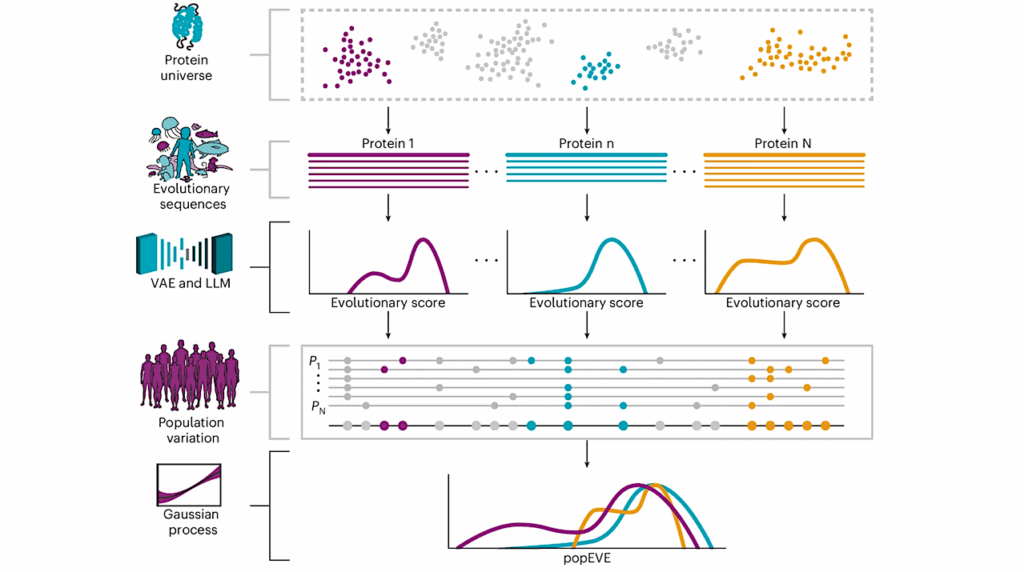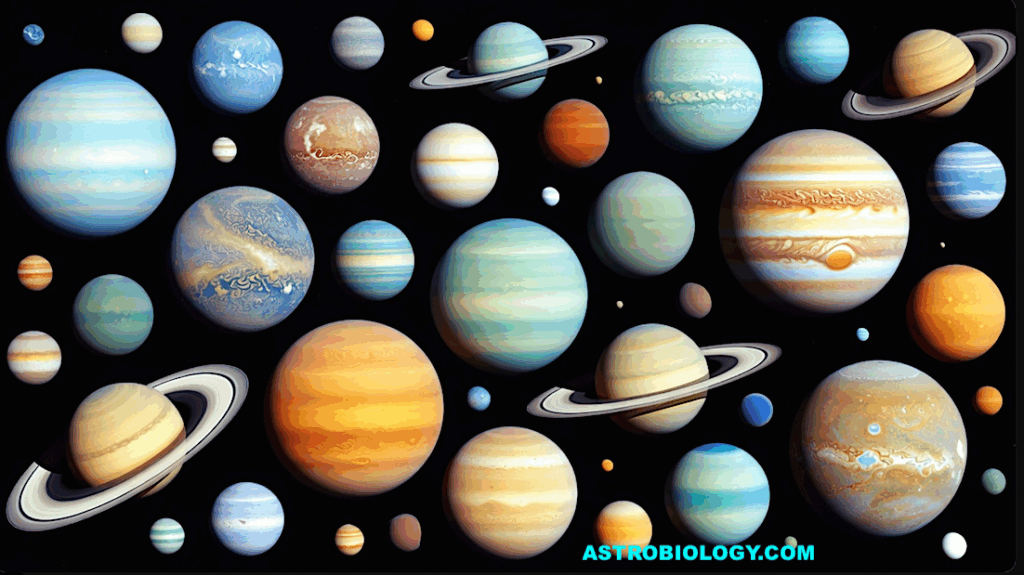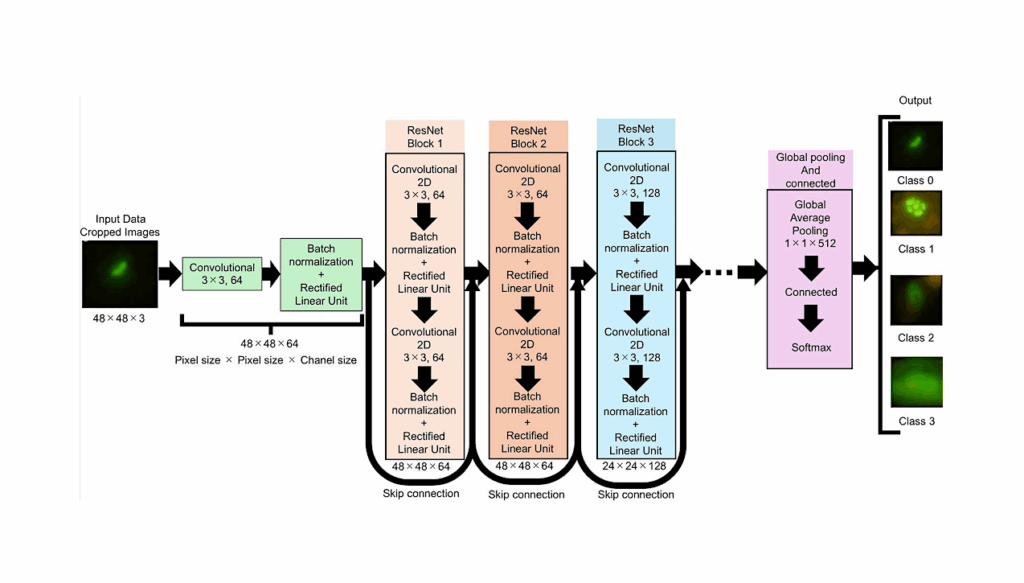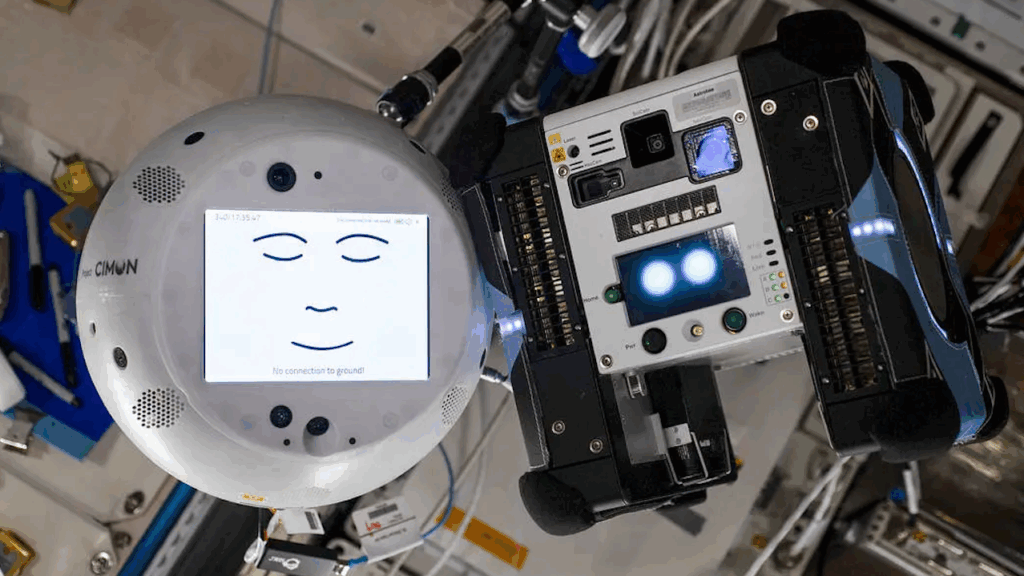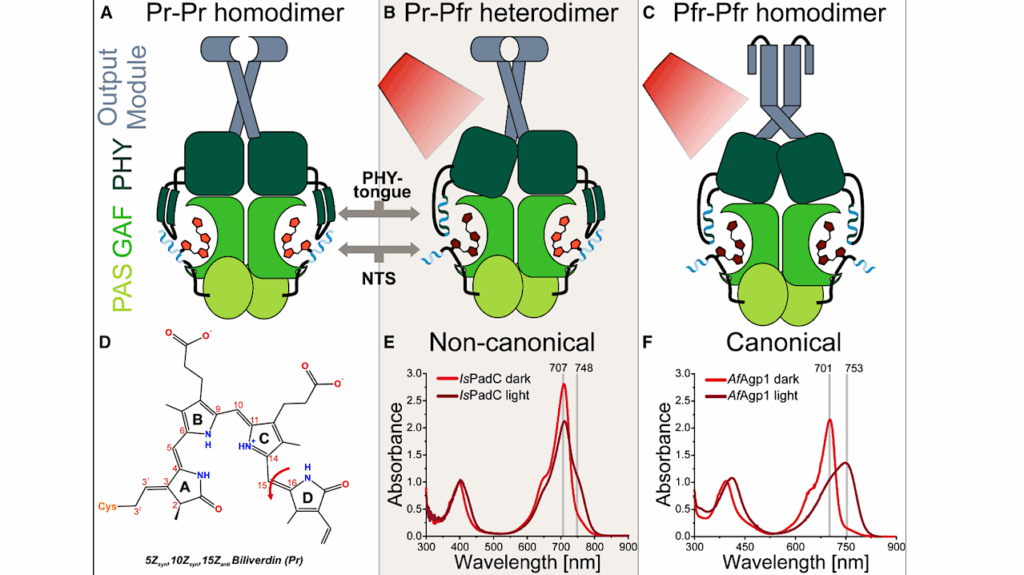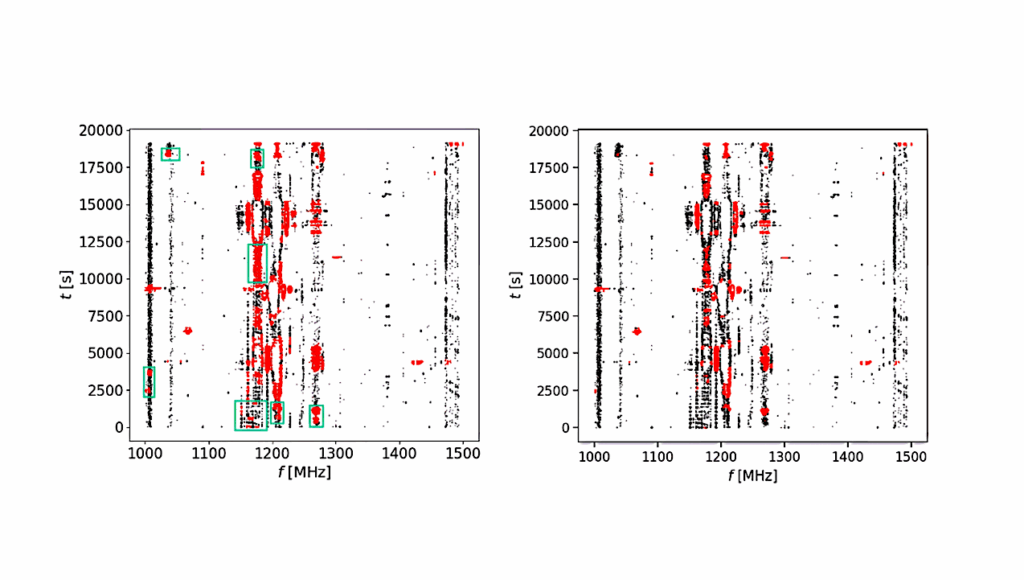Celebrating 30 Years Of Access To NASA Space Life Sciences Data

The work to create the NASA Life Sciences Data Archive (LSDA) began in 1990 by teams at Johnson Space Center (JSC), Ames Research Center (ARC), and Goddard Space Flight Center (GSFC). It was established and fully funded in FY94 with archive centers at ARC, Kennedy Space Center (KSC), JSC, and GSFC. ARC focused on nonhuman data, JSC on human data, KSC on plant data, and GSFC provided Master Catalog functions.
In 1995, LSDA was tasked with providing representation for Space Life Sciences to the Consultative Committee for Space Data Systems (CCSDS) and International Standards Organization (ISO) efforts to develop a reference model for the emerging challenge of archiving digital data. For 10 years, ALSDA led the Space Life Sciences effort for this ambitious endeavor. The resulting CCSDS/ISO product “The Open Archival Information System (OAIS) Reference Model” is the most widely adopted archival standards framework [6].
The repository was designed around experiments with relational links to personnel, hardware, payloads, missions, and so on. ALSDA was charged with collecting all ARC-funded life sciences experimental data and metadata to allow scientists to perform retrospective analyses across missions, experiments, disciplines, and research subjects/species.
ALSDA began capturing hardware information, audio/visual media, images, slides, mission and payload information, experiment descriptions, raw experimental data, and raw telemetry downlink and ground control data in both analog and digital formats. Years later, ALSDA was tasked with creating and managing the biospecimen storage facility, capturing, cataloging, and disseminating biospecimens remaining from flight and ground experiments.
Faced with growing demands for open-access and high-quality data, ALSDA was unable to upgrade systems until it merged with the modern GeneLab data system [7] in 2021. As a result, this integration now maximizes science-return on all legacy and future data collections. In 2024, ALSDA remains responsible for curating, archiving, and making available space-relevant phenotypic, physiological, bioimaging, behavioral, and environmental telemetry datasets.
Collection of scientific reports and publications was streamlined to other program-level repositories such as Taskbook and PubSpace.
NASA Life Sciences Portal (NLSP)
Celebrating 30 years of access to NASA Space Life Sciences data, Gigascience v.13; 2024 PMC11403809 (open access) via PubMed
Astrobiology, Space Biology, Space Medicine,


